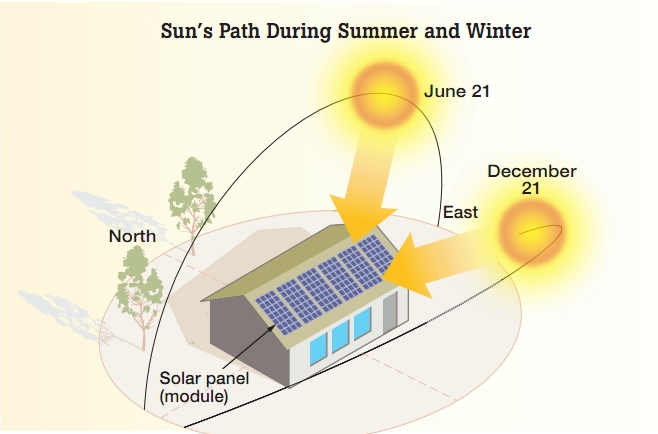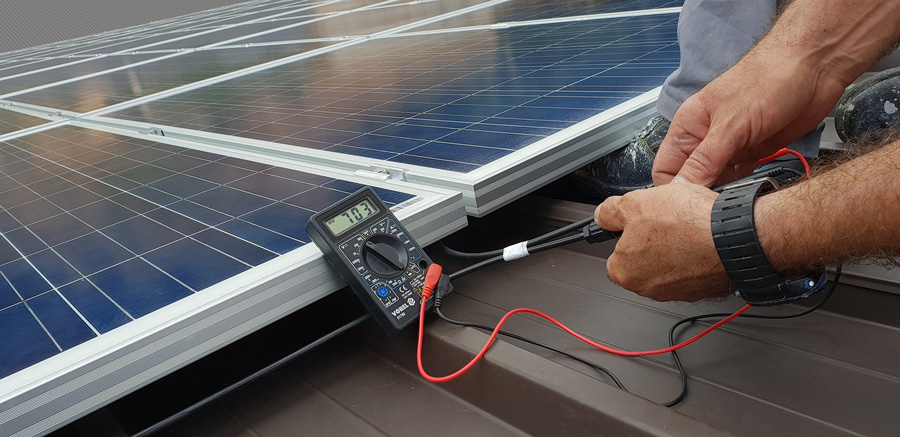
Understanding Solar Panels:
Solar panels are devices designed to convert sunlight into electricity, utilizing the photovoltaic effect. These panels consist of solar cells typically made of semiconductor materials, such as silicon, which generate electric current when exposed to sunlight. Harnessing solar energy has become a popular and sustainable method to generate electricity for homes and businesses.
Assessing Your Roof’s Suitability:
Before considering solar panel installation, it’s crucial to assess your roof’s suitability for solar energy. Several factors play a role in determining whether your roof is conducive to solar panel installation.
Roof Space:
Evaluate the available roof space to determine if it can accommodate solar panels of sufficient capacity to meet your energy needs. Adequate space is essential for positioning the panels optimally to capture sunlight.
Orientation:

The orientation of your roof affects the efficiency of solar panels. South-facing roofs generally receive more sunlight throughout the day in the Northern Hemisphere, maximizing energy production. However, east- and west-facing roofs can also be viable, with adjustments to the system’s tilt.
Roof Material:
The material of your roof is another consideration. Most solar panels can be installed on various roofing materials, including asphalt shingles, metal, tile, and flat roofs. Consult with a solar professional to ensure compatibility and proper installation.
Space Requirements for Solar Panels:
Solar panels require a certain amount of space for optimal performance. The size and capacity of the system will dictate the space needed. Professional installers can perform a site assessment to determine the most efficient layout for your specific roof.
Impact of Shade and Obstructions:
Shade from trees, neighboring buildings, or other obstructions can significantly impact the efficiency of solar panels. Identify potential shading issues and consider pruning trees or adjusting panel placement to minimize shading.
Solar Panel Installation Considerations:
When installing solar panels, various considerations come into play. These include the pitch of the roof, potential weight-bearing capacity, and adherence to local building codes and regulations. Professional installers can address these factors to ensure a safe and effective installation.
Roof Material and Solar Panels:

Different roofing materials may require specific installation methods. For instance, some roofs may need additional mounting equipment or specialized installation techniques. It’s crucial to choose a solar panel system compatible with your roof material.
Energy Usage and Solar Panels:
Assess your energy usage to determine the size of the solar panel system needed. Understanding your energy consumption helps tailor the system to meet your specific needs, optimizing the return on investment.
Going Green with Solar Panels:
Embracing solar panels aligns with environmentally friendly practices by reducing reliance on traditional energy sources. By generating clean, renewable energy, you contribute to a greener future and potentially reduce your carbon footprint.
In conclusion, before embarking on a solar panel installation journey, carefully assess your roof’s suitability, considering space, orientation, material, and potential obstructions. Professional guidance ensures a seamless integration of solar panels, enabling you to harness the power of the sun and make a positive impact on both your energy bills and the environment.